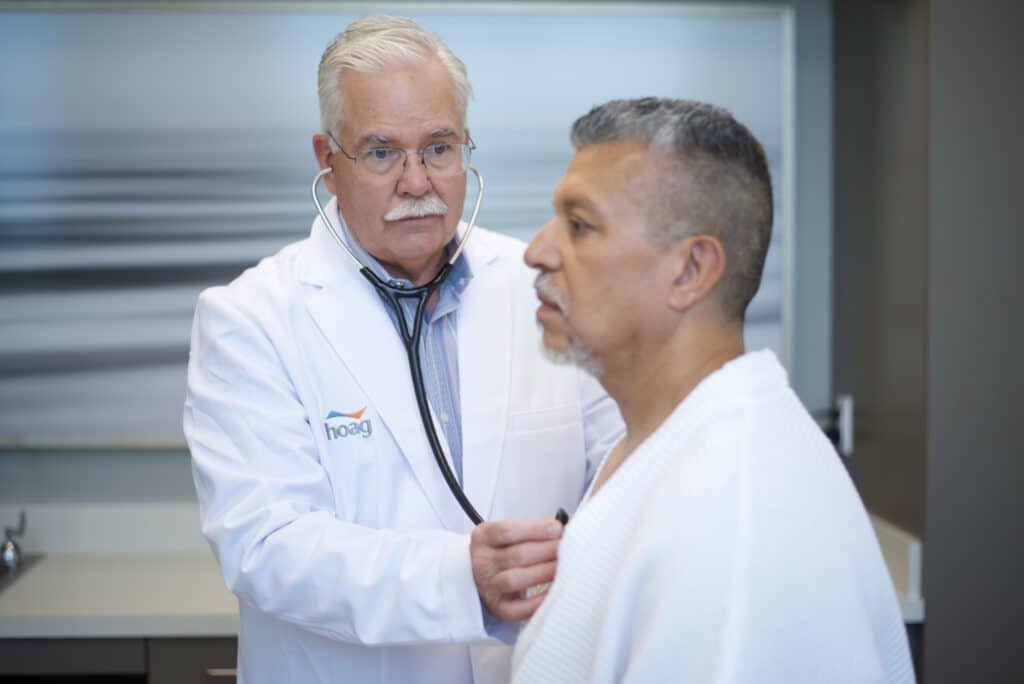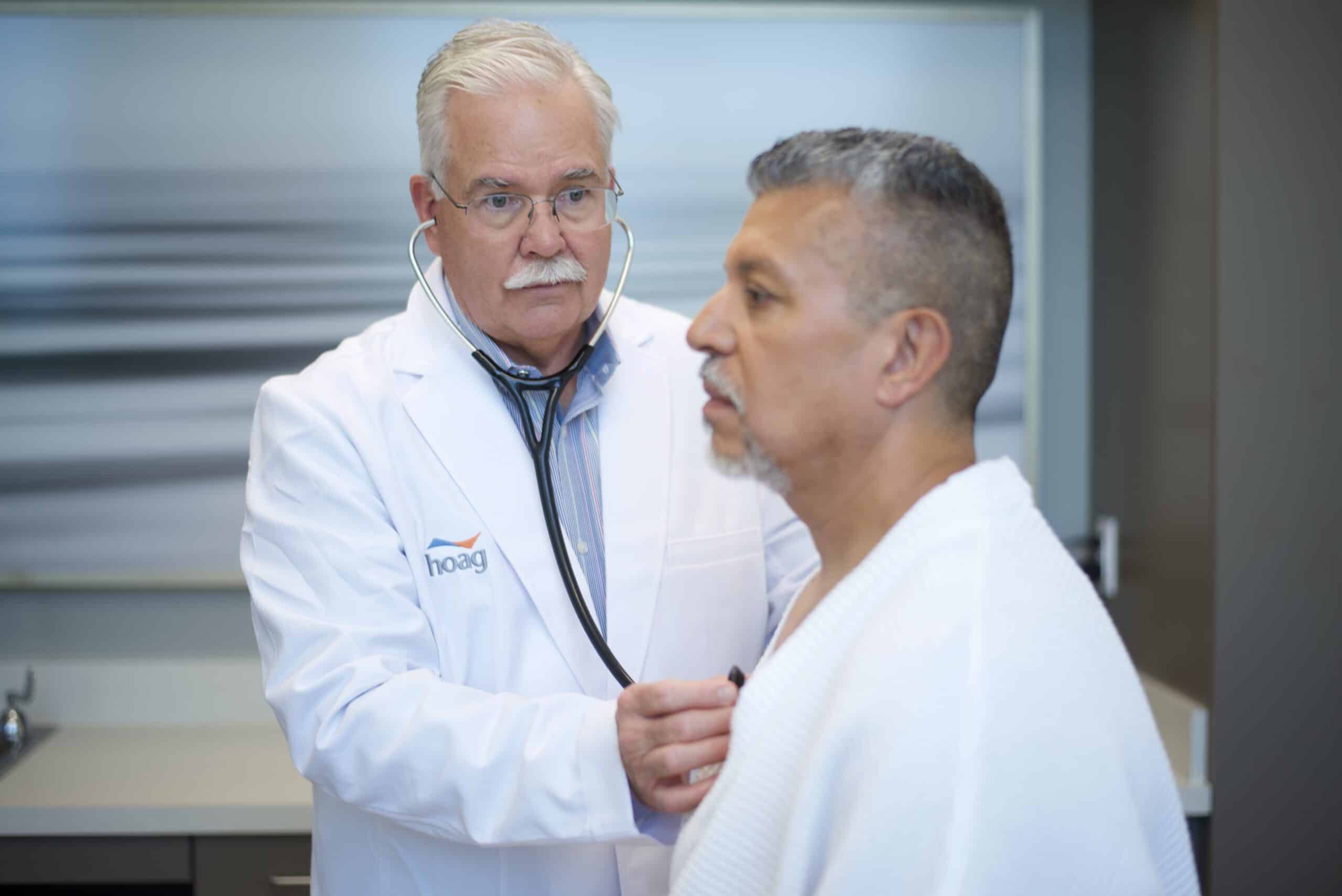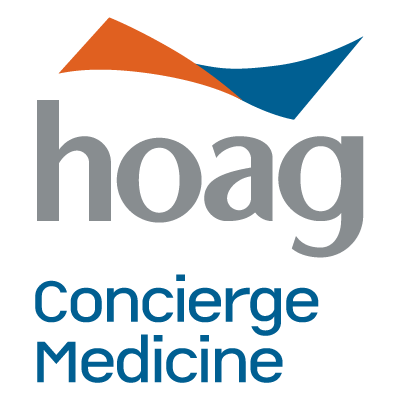Concierge medicine offers an unparalleled level of personalized care, often leading patients to wonder if services like urgent care are still necessary. With features like 24/7 access to medical advice, longer appointments, and a dedicated healthcare team, concierge medicine significantly reduces the need for urgent care visits. However, there are still scenarios where utilizing urgent care or an emergency room is appropriate and sometimes essential. Let’s explore how concierge medicine and urgent care coexist and how to decide when and where to seek care.
The Concierge Medicine Advantage
One of the primary benefits of being a concierge medicine member is having direct and continuous access to a physician who knows your medical history intimately. This relationship fosters proactive care, with an emphasis on prevention and management of chronic conditions.
Concierge medicine practices are designed to reduce the need for unplanned visits by:
- Offering same-day or next-day appointments for most non-emergency needs.
- Providing 24/7 access to medical advice, often through a personal line to your provider.
- Prioritizing continuity of care, ensuring all medical decisions are informed by your complete health profile.
These advantages mean that many health concerns can be managed within the concierge practice, avoiding the need to seek urgent care in most situations.
Do I No Longer Need Urgent Care?
Despite the accessibility of concierge medicine, there are still times when urgent care is the best option. Your concierge medical team works to minimize the need for outside care, but they also recognize that certain situations require urgent or emergency services. For example:
- After-Hours Emergencies: While concierge practices often provide 24/7 communication with nursing staff or providers, not all issues can wait until the office reopens. Urgent care centers or emergency rooms can provide immediate attention for more pressing needs.
- Weekend or Holiday Illnesses: If you develop a sudden illness or injury when the office is closed, urgent care can bridge the gap between routine care and emergency room visits.
- Uncertain Symptoms: In situations where it’s unclear whether your condition is severe, urgent care can provide a timely evaluation.
Your concierge physician and their team are always available to guide you. A quick phone call to their office can help you decide whether you should head to urgent care, visit the emergency room, or wait for an appointment in the concierge office.
When Should Concierge Members Use Urgent Care?
Urgent care facilities are designed to handle non-life-threatening conditions that require immediate attention. Concierge medicine members might consider using urgent care for issues such as:
- Minor Cuts and Wounds: If you sustain a laceration that may need stitches but isn’t severe enough for the emergency room.
- Sprains and Strains: For minor injuries that might require an X-ray or further evaluation.
- Mild Infections: Symptoms like earaches, sore throats, or urinary tract infections that occur after office hours.
- Fevers or Flu Symptoms: When these develop unexpectedly, especially over weekends or holidays.
- Allergic Reactions: Mild to moderate reactions that don’t involve difficulty breathing.
In these cases, urgent care provides a convenient solution when immediate care is required but your concierge office is unavailable.
How Your Concierge Team Can Help You Decide
As a concierge medicine member, you have a built-in support system to guide your healthcare decisions. If you’re unsure whether to visit urgent care, a quick call to your concierge provider can help clarify the best course of action. Here’s how your team supports you:
- Assessing Symptoms: Based on your description of symptoms, the nursing staff or provider can determine the urgency of your condition.
- Guiding Next Steps: They may advise you to seek urgent care, visit the emergency room, or wait for an office appointment if the situation is manageable.
- Coordinating Care: If you do visit urgent care, your concierge physician can follow up, ensuring that your records are updated and any necessary treatments are continued.
This approach ensures you receive the right care at the right time without unnecessary stress or confusion.
Balancing Convenience and Safety
A hallmark of concierge medicine is its emphasis on reducing the stress of navigating the healthcare system. While urgent care remains a useful resource, the personalized and proactive care provided by your medical team often prevents conditions from escalating to the point where urgent care is needed.
For example, the ability to quickly connect with your physician or nursing staff can help address minor concerns before they become major issues. Additionally, concierge practices often provide wellness plans and preventive screenings tailored to your health, further reducing the likelihood of unplanned visits.
However, convenience should never outweigh safety. If a situation feels urgent and you cannot reach your concierge provider immediately, it’s always better to err on the side of caution and seek urgent care or emergency services.
Hoag also has an executive health program for individuals and for business.
What About the Emergency Room?
Urgent care and emergency rooms are not interchangeable. The emergency room should be reserved for life-threatening conditions, such as:
- Chest pain or signs of a heart attack
- Severe difficulty breathing
- Sudden or severe headaches or dizziness
- Symptoms of a stroke (e.g., numbness, weakness, or slurred speech)
- Major trauma or injuries
- Uncontrolled bleeding
Your concierge provider can help guide you in these situations as well, but if you believe you are experiencing a life-threatening emergency, calling 911 or going directly to the emergency room is critical.

The Future of Urgent Care and Concierge Medicine
As healthcare evolves, the integration of concierge medicine with other healthcare services is becoming more seamless. Some concierge practices partner with urgent care facilities, offering members priority access or streamlined communication between providers. This ensures continuity of care even when outside services are utilized.
Additionally, the growing use of telemedicine in concierge practices allows patients to receive care remotely, further reducing the need for urgent care visits. These advancements continue to enhance the convenience and effectiveness of concierge medicine, while still recognizing the role of urgent care in certain situations.
Final Thoughts: A Comprehensive Approach to Care
As a concierge medicine member, you benefit from a comprehensive and personalized approach to healthcare that often reduces the need for urgent care. However, urgent care remains a vital option in specific circumstances, such as after-hours illnesses or minor injuries.
By maintaining open communication with your concierge team, you can confidently navigate your healthcare decisions. Remember, the ultimate goal of concierge medicine is to provide you with the best possible care, whether that’s within the practice, at an urgent care facility, or in an emergency room.
If you’re ever unsure, don’t hesitate to reach out to your concierge provider. Their expertise and guidance ensure you receive the care you need—when and where you need it.

